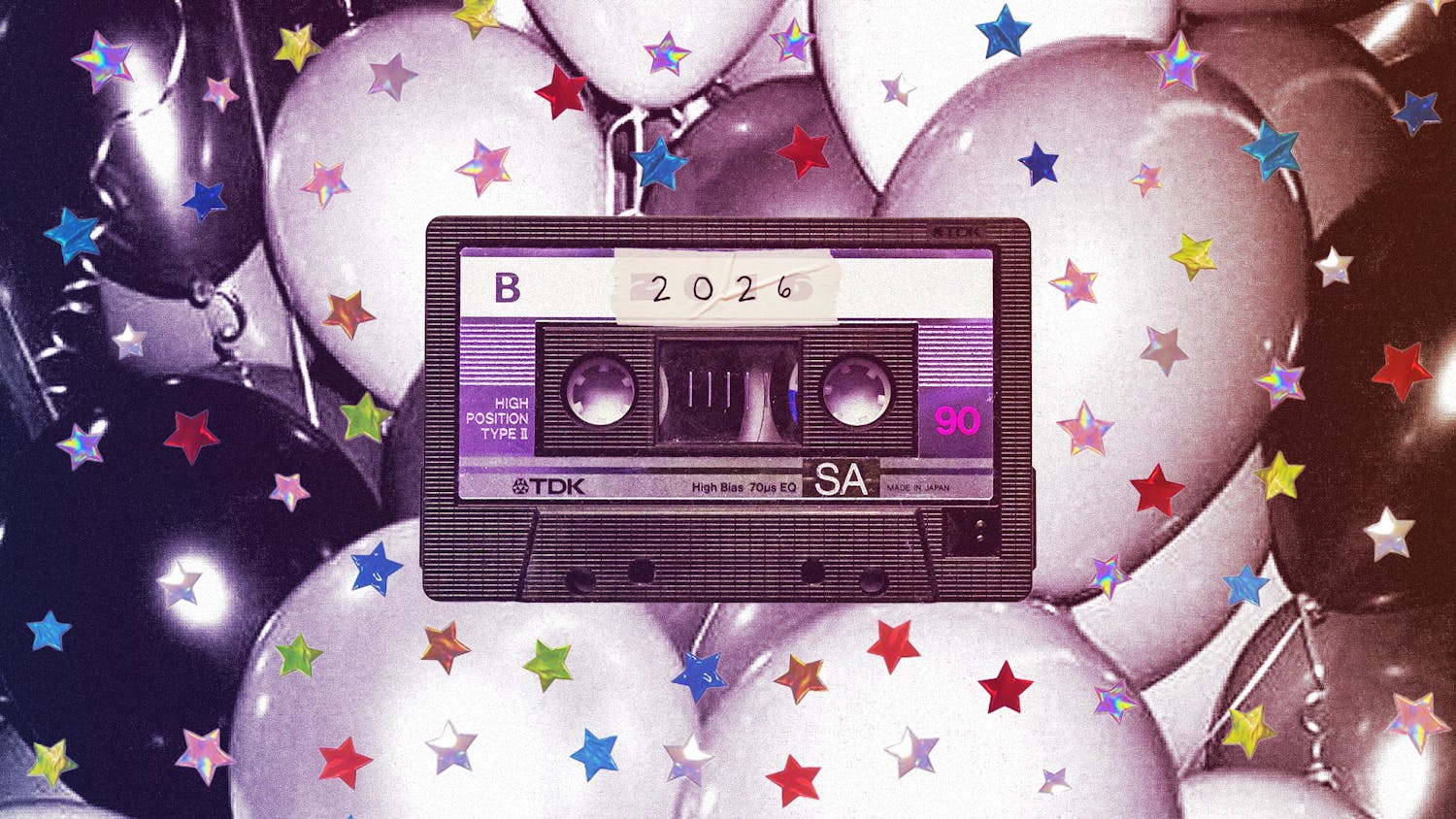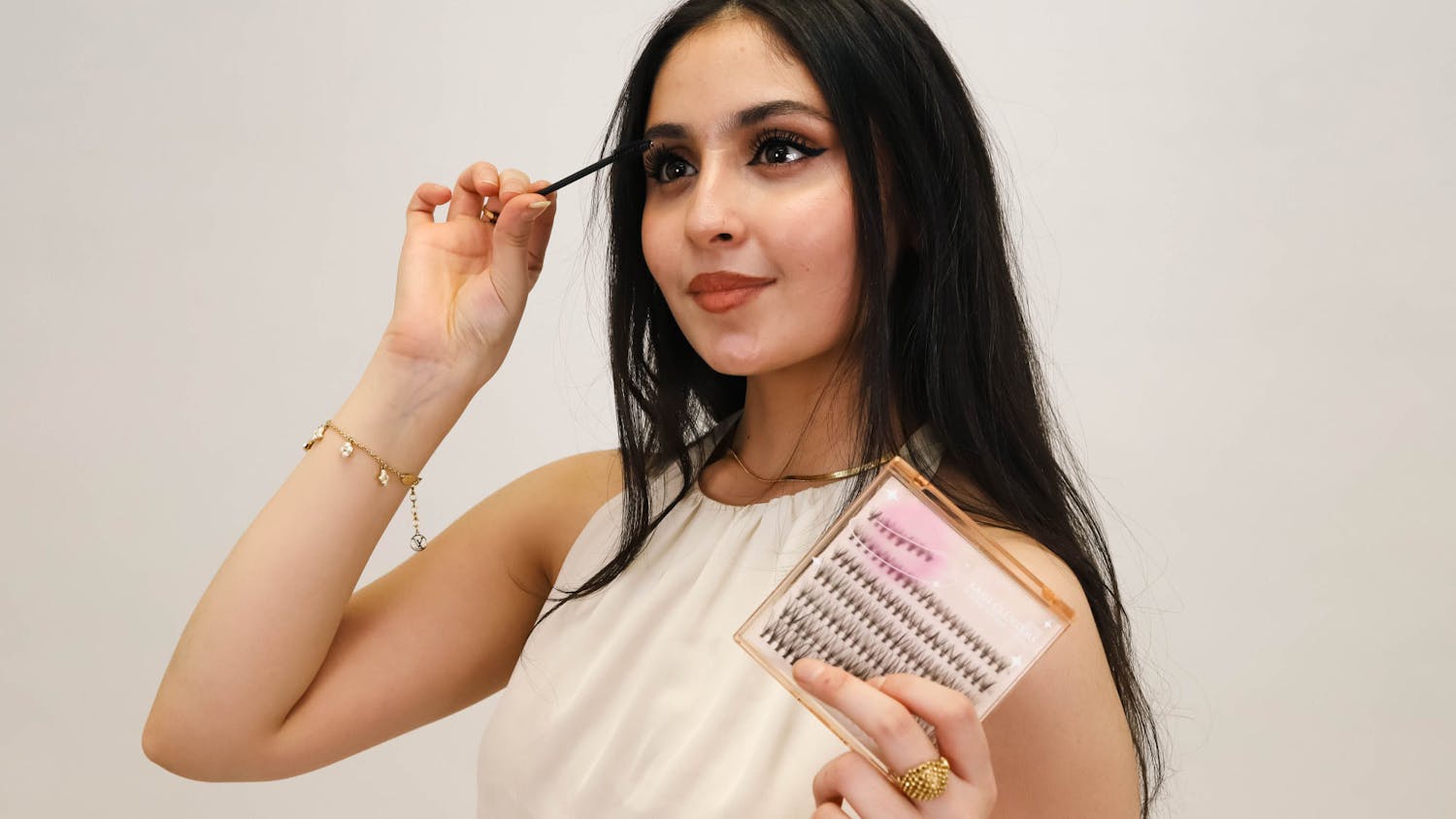Nervous to break the ice with your campus crush? There’s an app for that. Bumble has become one of the top–rated dating apps and has become increasingly popular among college–aged users. Started by a co–founder of Tinder, the app differs in that it only allows women to message first.
The company markets itself through a brand ambassador program. Bumble Honeys, female college students who promote the app, are making a buzz right here on Penn's campus. Recruited as some of Penn’s most eligible bachelorettes (Ed. note: Nope, not these ones), Bumble ambassadors publicize the app both on social media and in person. That’s right, they get paid to post fire Instagram pictures.
Bumble contacted Hallie Gu (W '20) in true millennial fashion: through a direct message on Instagram. “During the summer, a girl messaged me saying they were starting a Bumble Ambassador Program. I filled out the application, and, two weeks later, I signed the contract.”
Hallie and the other ambassadors's responsibilities include sending candy–grams, handing out flyers on Locust Walk, and chalking Bumble's logo on campus. She also presents at fraternities during their weekly chapter meetings. “They are usually receptive to us coming in, and some are really into it.”
During her presentations, she brings along her free swag to hand out afterwards. “Some of my friends are into it, and they all loved the merchandise,” Hallie explains as she shows me a photo of frat guys decked out in iconic yellow Bumble–branded bandanas. "This one will probably end up on my Instagram."
In one of her most recent pictures (above), Hallie asked a male friend to help her with the photoshoot. “My friend said he was down. He was annoying going around to find better lighting, but he wasn’t opposed.” On maintaining her Instagram presence, she advises to “take a bunch of pictures and one of them will turn out nicely. If something looks good, I can always just make the caption Bumble–related.”
Promoting a dating app can come with its difficulties. “Some people just don’t respond to my messages, and then I have to see them out in public," she said. Bumble promoters are also required to post a certain amount of content. “We are supposed to take Snapchat stories of people swiping on Bumble, but sometimes [my friends] don't want to do it. They think it's funny that I’m a Bumble rep," Hallie said.
Hallie contends that the culture around dating apps is different here than at other schools. At Penn, swiping through profiles can be a fun way to pass time. While some users do go on dates, it is rarely with fellow students on campus.
“Here, it is a different school environment. At some schools, Bumble is very popular. It can make more sense for places like NYU where people don’t live on campus.”
Bumble has recently launched their networking mode within their app called Bizz. Instead of posting interests and a beach photo on your profile, people post their resume and a professional headshot. According to Bumble, the app aims to “help clear up the gray areas in networking that often make women feel uncomfortable” by maintaining the model of only allowing women to message first.
Promoting Bizz has been Hallie’s most recent task as an ambassador. She has scheduled presentations at Wharton clubs and business fraternities to talk about the pre–professional version of Bumble. "It is empowering to women and allows for better connections," Hallie said.
Now, as the program is expanding, interested applicants can fill out a form online to join the growing ambassador network. Social (media) butterflies wanted only: linking to your Facebook, Instagram, or Twitter account is an application requirement.







